Capacitive Soil Moisture Sensor
Description: A capacitive soil moisture sensor works by measuring the changes in capacitance between two conductive plates embedded in the soil. The capacitance varies based on the moisture content, as wet soil has a higher dielectric constant than dry soil. This change in capacitance is then converted into an electrical signal that can be read by a microcontroller or other electronic device.
Specifications (Example):
- Operating Voltage: 3.3V or 5V
- Output: Analog voltage (0-5V)
- Sensitivity: Can detect changes in moisture content as low as 1%
- Response Time: Typically less than 1 second
- Temperature Range: -40°C to 85°C
- Dimensions: Varies depending on the specific model
- Probe Material: Usually stainless steel or plastic
Key Advantages:
- Non-invasive: Does not require direct contact with the soil particles
- Accurate: Provides reliable measurements over a wide range of moisture levels
- Durable: Can withstand harsh environmental conditions
- Easy to use: Simple to integrate into various projects
Common Applications:
- Agriculture: Monitoring soil moisture for irrigation purposes
- Gardening: Optimizing plant watering schedules
- Environmental monitoring: Measuring soil water content for research and conservation
- Smart home systems: Controlling automated watering systems
Note: The specific specifications may vary depending on the manufacturer and model of the sensor. It’s essential to consult the datasheet of the chosen sensor for accurate information.
You must be logged in to post a review.
Related products
-
DS18B20 Temperature Probe Sensor
KSh 200.00 – KSh 500.00Price range: KSh 200.00 through KSh 500.00Select options This product has multiple variants. The options may be chosen on the product pageDS18B20 Waterproof Temperature Probe Sensor. Description: Purpose: This sensor is used to measure temperature in …
Products
-
 900/1800MHz Dual Frequency Duck MALE Antenna
KSh 2,000.00
900/1800MHz Dual Frequency Duck MALE Antenna
KSh 2,000.00
-
 20mm EC11 Rotary Encoder
KSh 140.00
20mm EC11 Rotary Encoder
KSh 140.00
-
 6 pin (3 state ) rocker switch 6A 250V
KSh 80.00
6 pin (3 state ) rocker switch 6A 250V
KSh 80.00
-
 MAX485 TTL to RS-485
KSh 150.00
MAX485 TTL to RS-485
KSh 150.00
-
 Ball head 16mm Self-resenting Switch button
KSh 200.00
Ball head 16mm Self-resenting Switch button
KSh 200.00

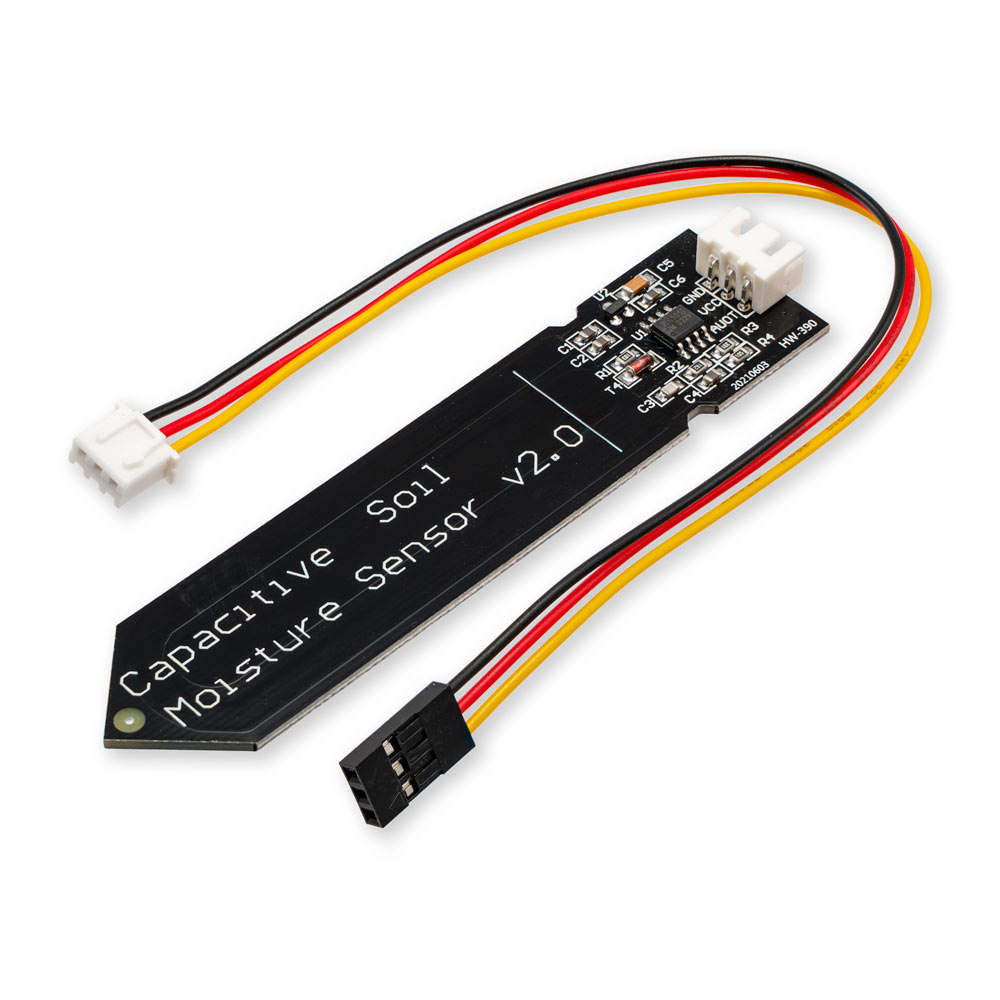
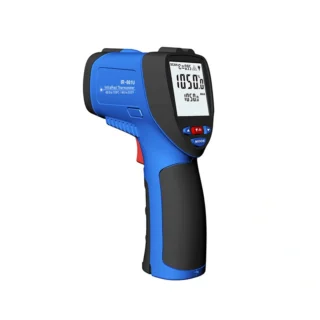
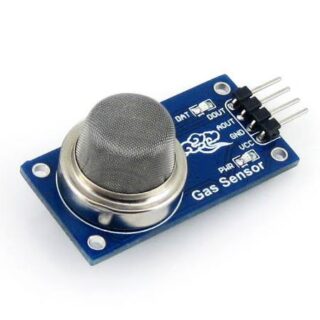
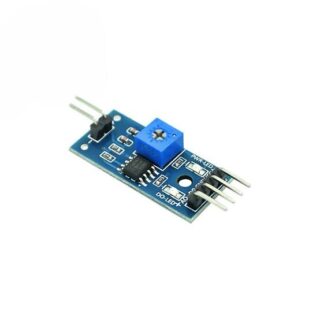
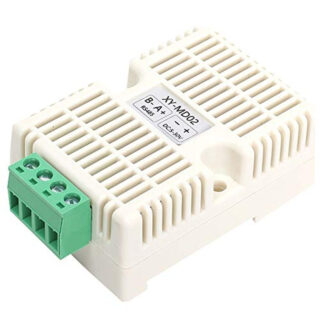
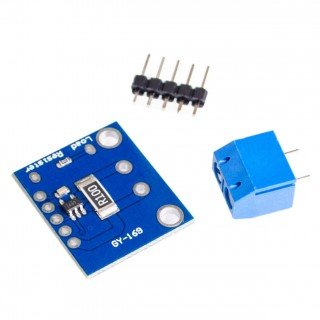
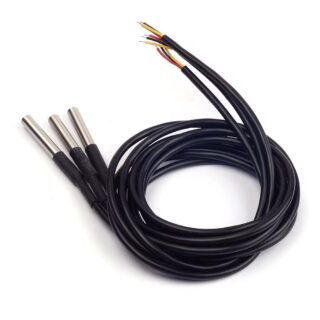
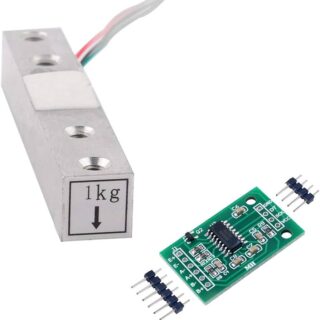
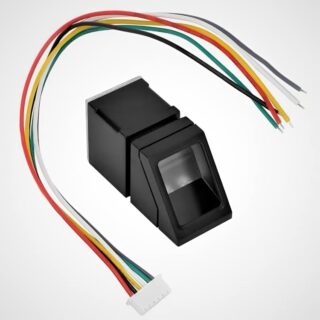
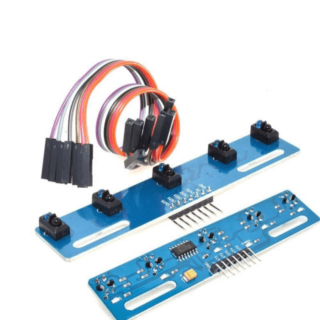
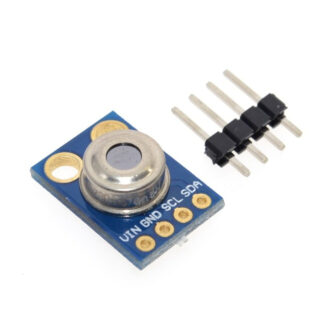
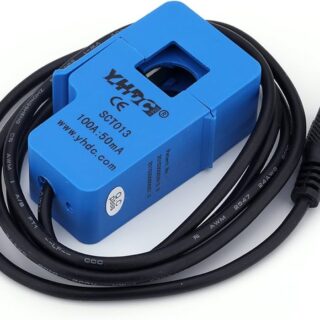
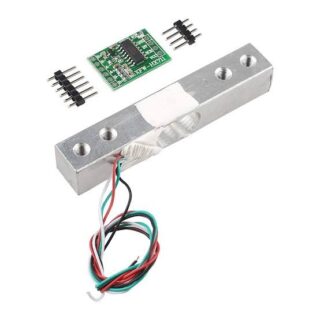
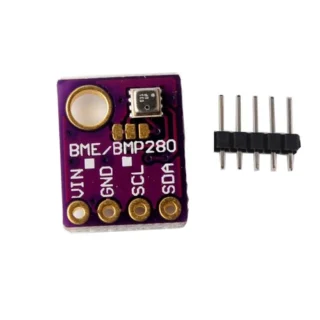
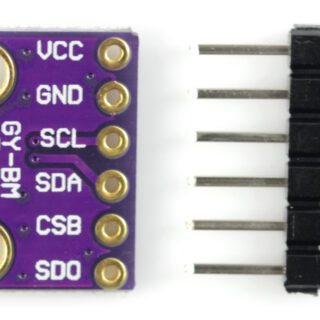
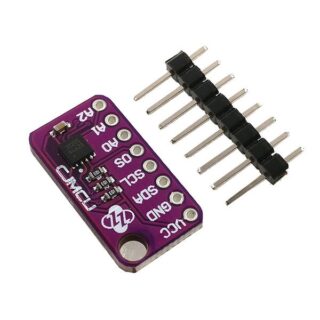
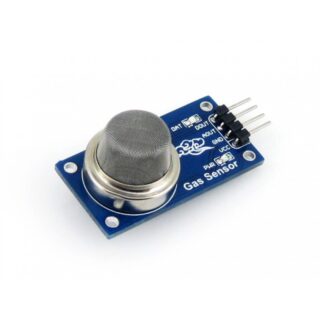
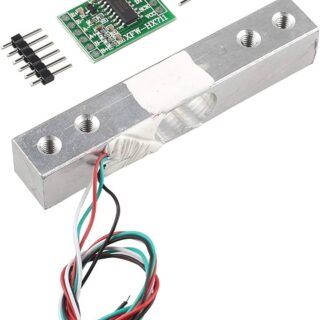
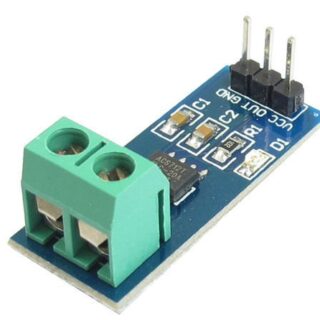
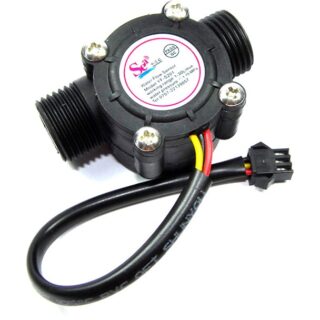
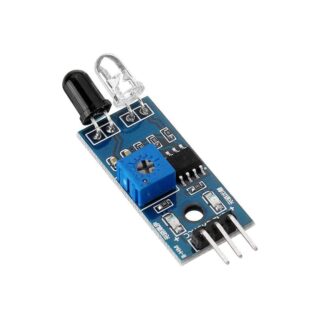
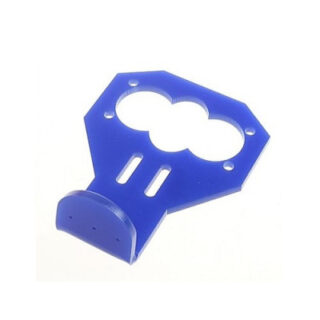
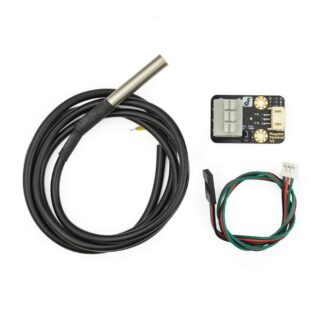
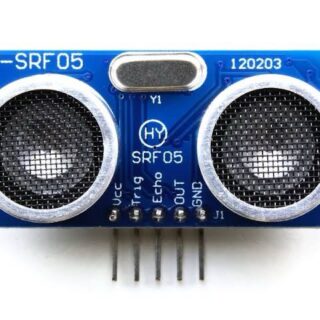
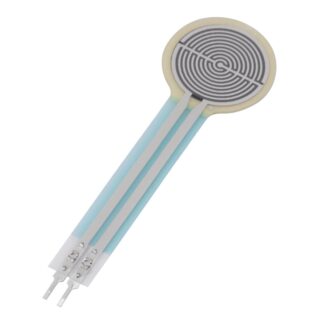
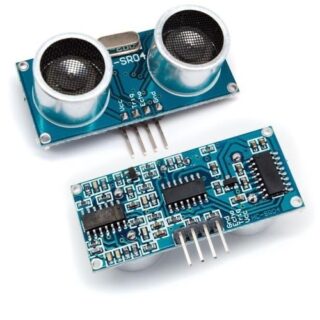
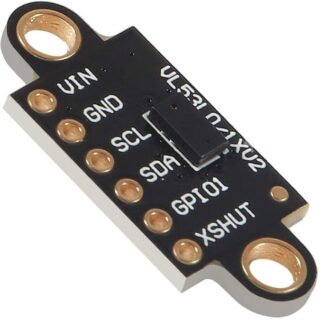
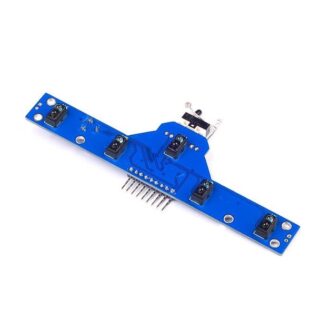
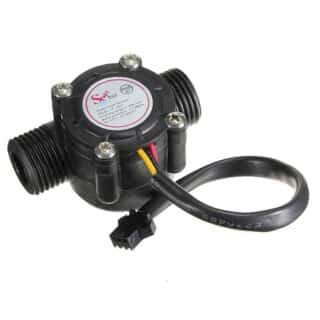

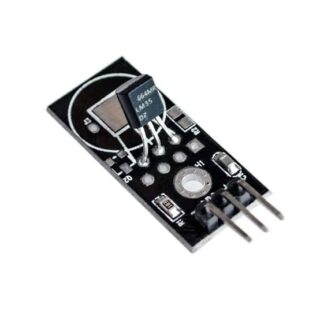
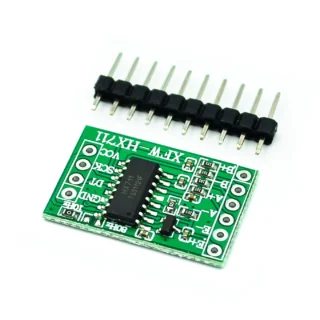
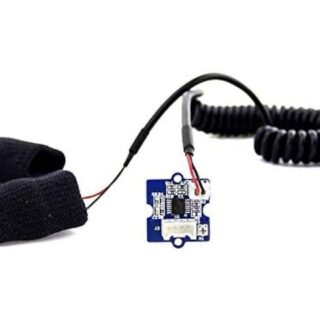
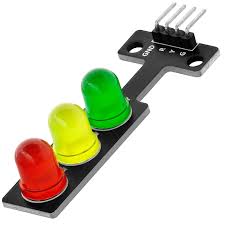
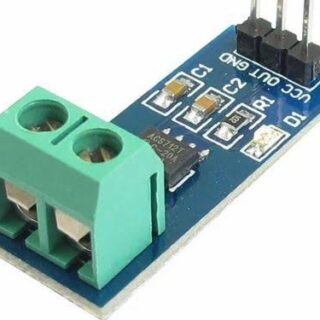
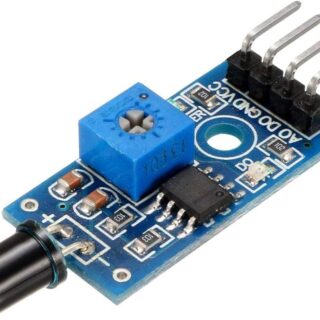
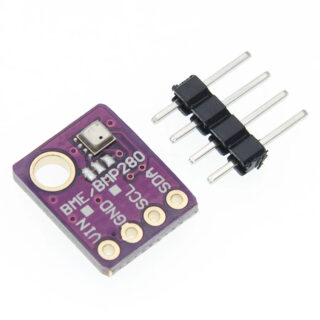
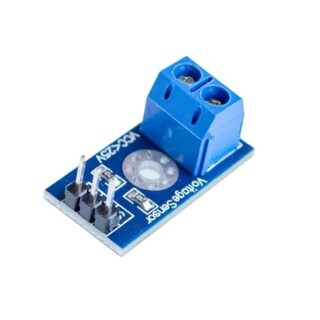
![AD8232 ECG Measurement Pulse Heart Sensor AD8232[KIT]](https://bluepacknova.com/wp-content/uploads/2024/07/51SJY1azEEL._AC_UF10001000_QL80_-1-320x320.jpg)
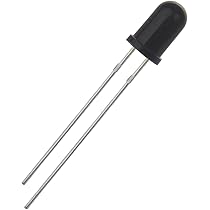
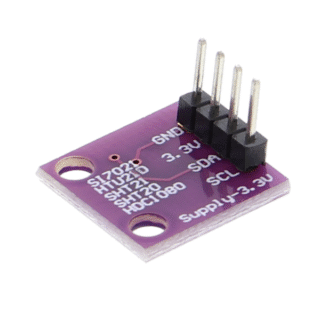
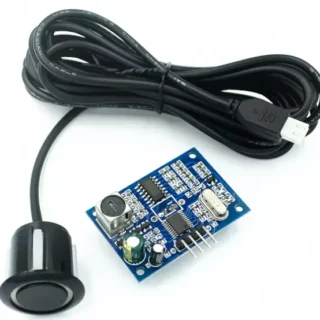
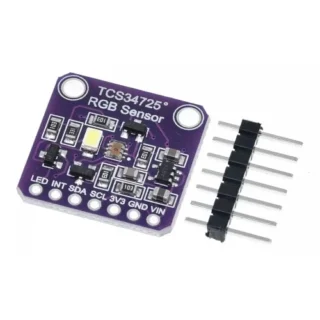
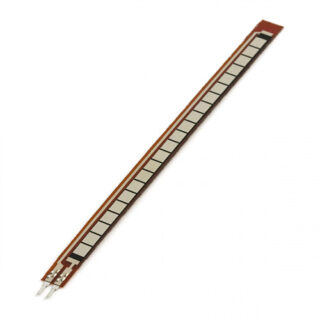
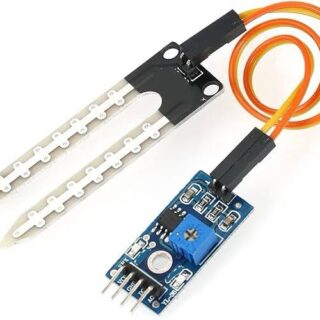
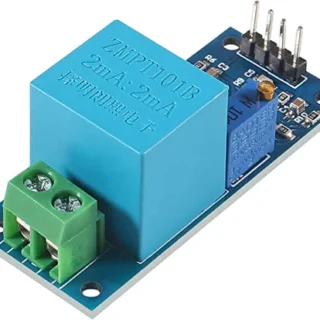
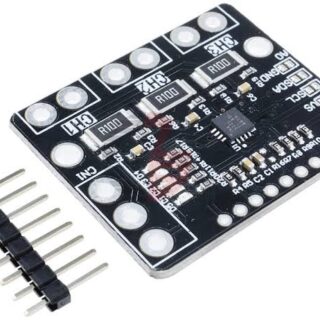
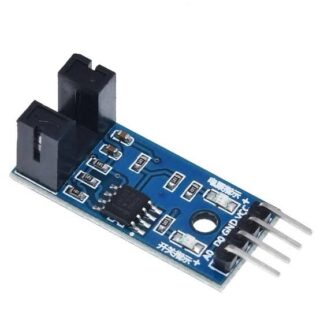
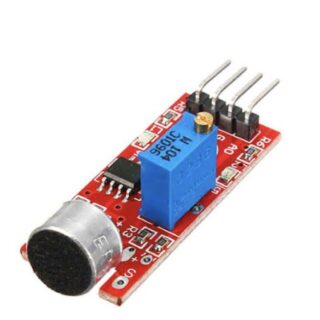
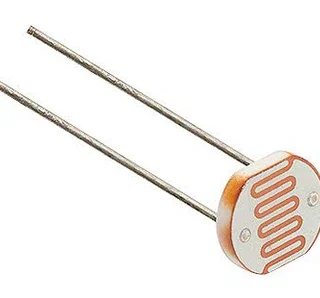
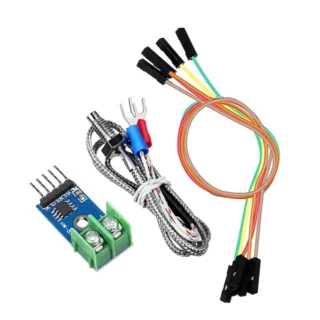
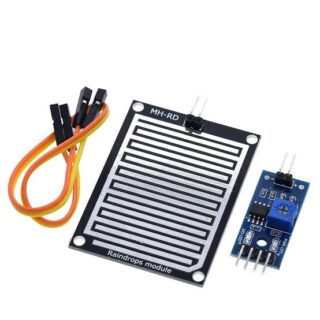
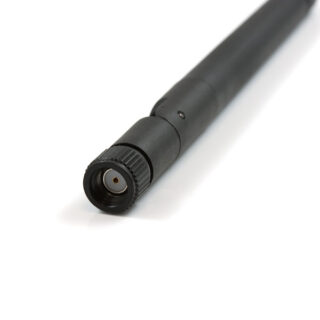
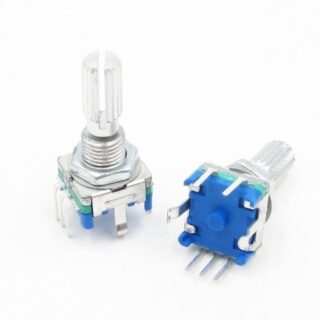
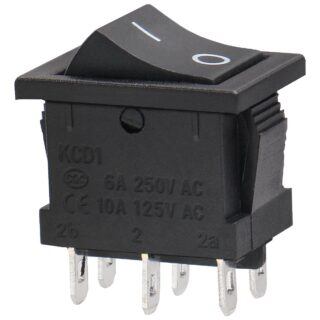
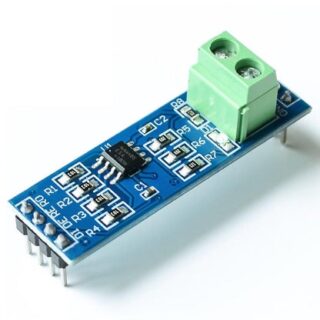
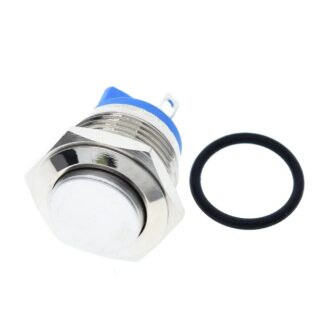
Reviews
There are no reviews yet.